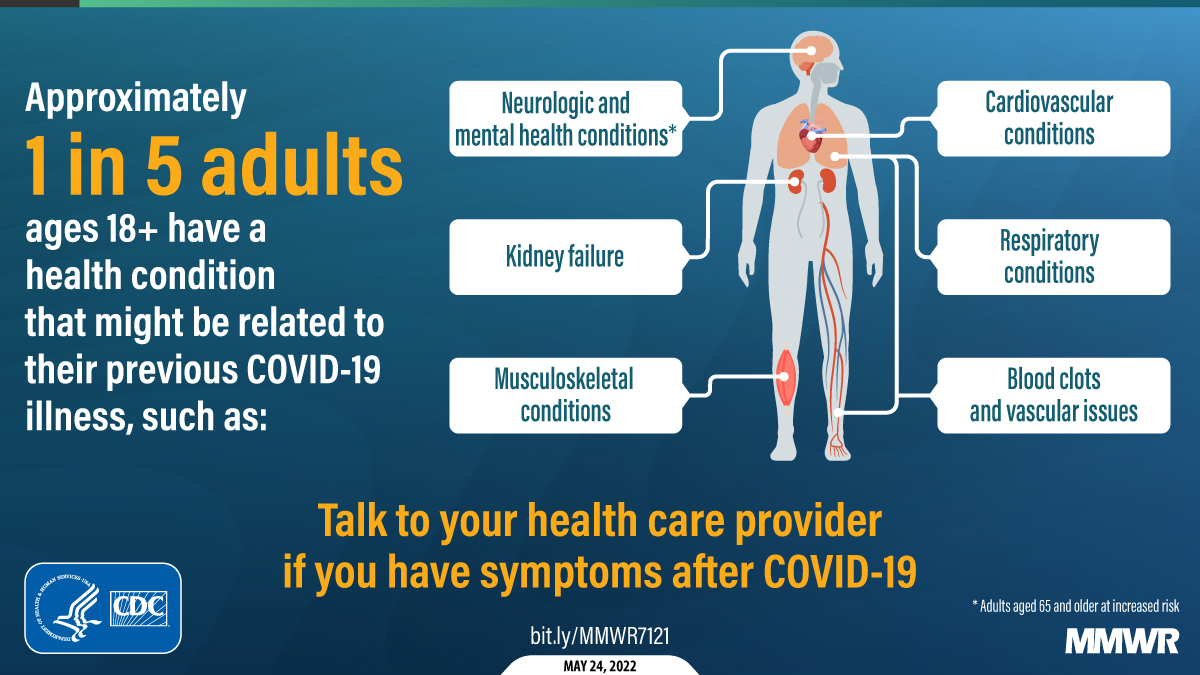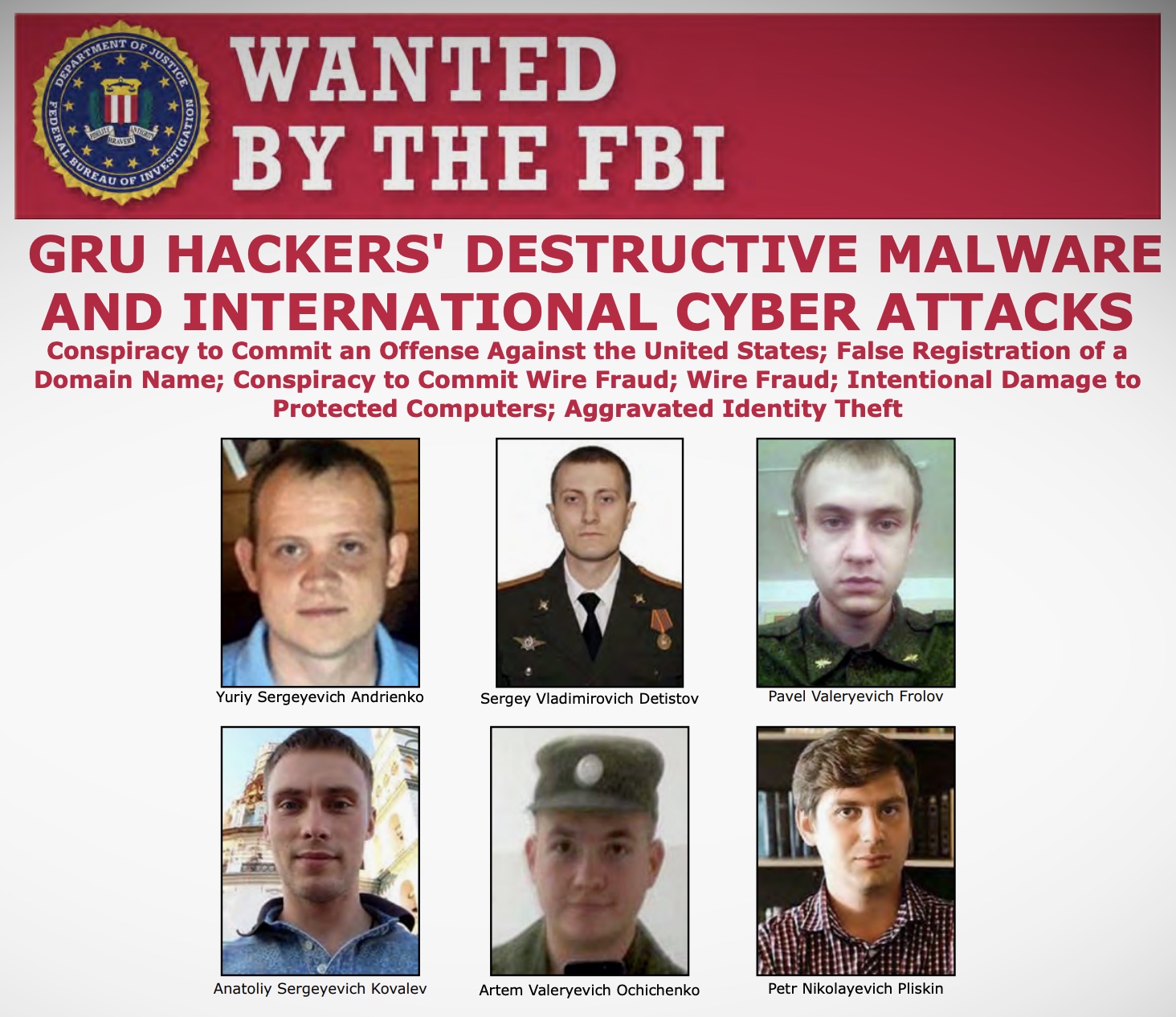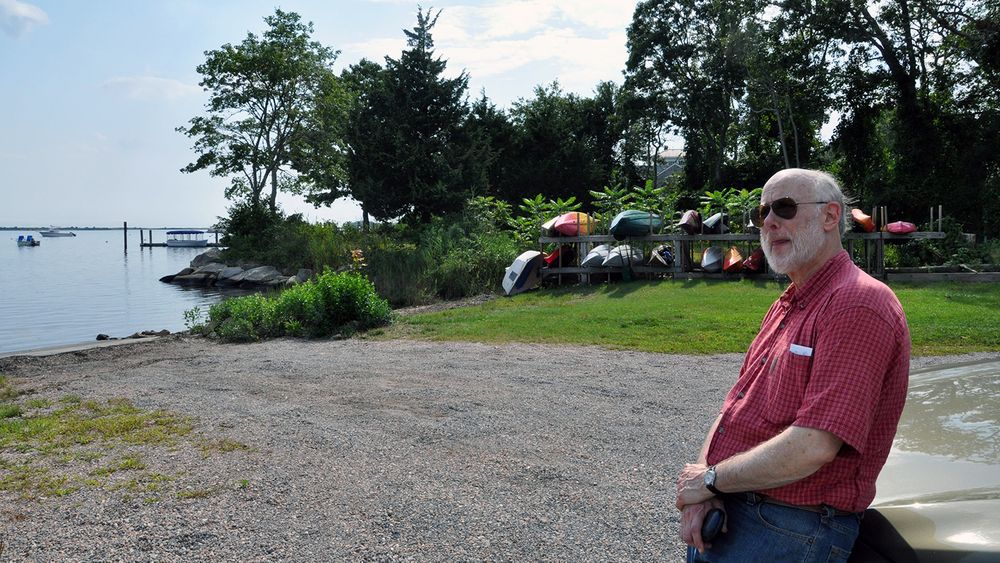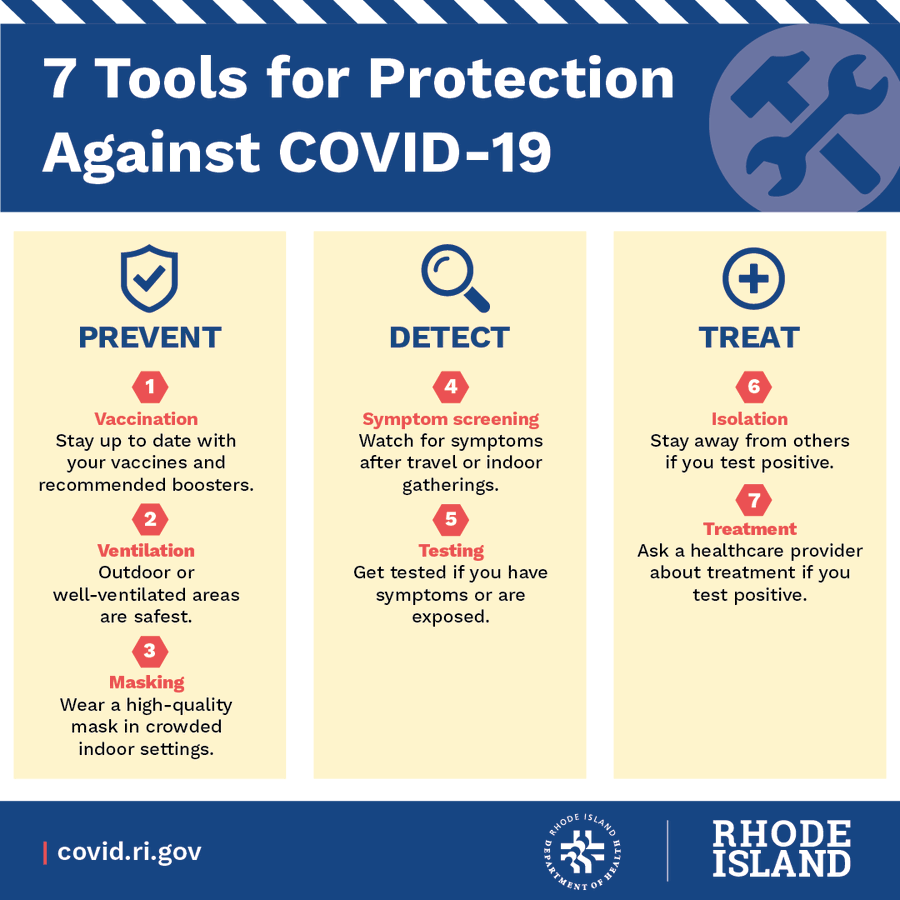Unfortunately, we live in interesting times
By
Will Collette
Guns
In
the wake of the slaughter of innocents in Uvalde, Texas, we have still heard
nothing from Charlestown’s State Rep. Blake “Flip” Filippi who is also House
Republican leader.
Several important gun control measures are about to come up
for a vote as the General Assembly nears the end of its session.
Filippi
and his MAGA colleagues Rep. Justin Price (R-Richmond) and Sen. Elaine Morgan who
represents the northern half of Charlestown have always opposed any and
all efforts to control gun violence.
Filippi,
as the highest ranking Trumplican in the General Assembly, needs to take a stand on this issue. Instead, he tweeted out this:
Can
anyone tell me why the hell Flip sent this out?
Filippi
will finally have a serious opponent in the November election in Tina Spears,
Democrat of Charlestown. Flip at one point might have faced two Dems for his House District 36 seat when
Victoria Gu, also of Charlestown, announced her interest.
But the
retirement of Sen. Dennis Algiere who represents the southern half of
Charlestown as well as all of Westerly, presented Ms. Gu with the opportunity to run for the open Senate District 38 seat. Spears and Gu are no longer prospective primary opponents and have announced they will support each other.
 |
| Victoria Gu |
But Gu will face
at least one, maybe two Westerly Democrats, in September primary. Michael Niemeyer, a member of Matt
Smith’s RI Political Coop, had announced for District 38 earlier. Sources tell me another
Westerly Democrat is likely to run.
Legal weed
 |
| Photo by Will Collette |
The
General Assembly has approved, and the Governor has signed, legislation to
legalize recreational use of cannibis. Up to 33 retail licenses to sell will
be allowed.It’ll
be interesting to see if anyone wants to start up a cannabis store in Charlestown as a nice contrast to our existing gun shops. Maybe the Narragansetts will try to re-purpose the old Smoke Shop on Route 2.
Beth
Comery (who was formerly in law enforcement and is a long-time legalization
advocate)
summarizes the legislation in the Providence Daily
Dose:
- Permits adults
to possess and purchase up to one ounce of cannabis and cultivate up to three
cannabis plants at home;
- Directs the
Rhode Island Judiciary to automatically clear past convictions for cannabis
convictions by July 2024;
- Creates a
cannabis retail excise tax of 10%, in addition to the normal sales tax rate of
7%, with another 3% local sales tax;
- Reserves a
quarter of all new retail cannabis licenses for applicants that qualify as
social equity businesses while another quarter of new licenses will be awarded
to worker-owned cooperatives; and
- Establishes a
social equity assistance fund to provide grants, job training programs, and
social services for communities disproportionately impacted by cannabis
criminalization.
Those conditions about social equity seem to me to be favorable to a Tribal enterprise (will someone please pass the smelling salts to Ruth Platner?). The town would get a 3% cut. Maybe the Tribe could work out a parking deal with Town Hall since there are lots of unused parking spaces available and it's a short walk to the Smoke Shop.
American Rescue Plan money in Charlestown
 |
Because Stankiewicz doesn't trust town
staff, he hired this guy instead |
As I’ve reported earlier, Charlestown stands to receive $2.3
million in federal funding under the American Rescue Plan Act (ARPA). Town
Administrator Mark Stankiewicz told the Providence Journal he decided
the town needed consultants to help the town figure out how to spend it
because Town Hall staff lacked “the bandwidth” to handle the money properly.
You would expect that an experienced town manager would have “the
bandwidth.”
Stankiewicz never explained why his staff, who apparently haven’t been properly trained or supervised by Stankiewicz can nevertheless handle federal and state funding all the time, including large
chunks we receive after every major storm.
Nonetheless, the Charlestown Citizens Alliance Council majority (the
CCA-3) agreed with Stankiewicz. Finally, after spending almost half a million ARPA dollars in our proposed town budget (up for a vote by mail or in person up to
June 6) without the benefit of the consultants’ advice, the town held a meeting
with the consultants.
The Sun’s Jason
Vallee covered the meeting. He reports the Council considered:
“grants
or conditional funding to aid with affordable housing reconstruction and
rehabilitation, investment in small businesses, construction of the Maddie
Potts Memorial Field House, purchase of fire and ambulance equipment, and
financial assistance to Wood River Health Services.”
One of the consultants the town hired is Trumplican candidate for
Congress, Second District, Allan Fung – a potential ethics breech since Fung is an active candidate for Congressional District 2 which includes Charlestown. He has an open-ended contract with Charlestown for
$250 an hour.
Not one single Republican in Congress – which Fung seeks to join –
voted in favor of the American Rescue Plan.
Anyway, according to Jason Vallee, Fung said:
“the
community may be better situated to limit conditions, however, as providing
unnecessary oversight can cause delays that would potentially lead to money
going unused and returned.” And that “the town needs to be cautious in
allocating funding directly to construction projects, noting that it would
require following uniform federal RFP guidelines and other stringent regulations,
or the town would risk the money being forfeited.”
That’s a big help, Allan, especially since Charlestown is still snakebit over controversies involving the management and spending of public money.
Vallee ended his article with a quote from the senior member of
the CCA-3, Councilor Bonita Van Slyke of Arnolda: “We certainly need to take some time and digest this. We have
only really just begun to look at where we might spend this.”
Yeah, well, we’ve only known about this money for about six
months so in CCA time, I suppose that’s not enough time to digest it.
One observer expressed surprise that CCA leader Faith LaBossiere didn't come forward with some bicycle-related project, like a Bicyclists' Hall of Fame. But as it turns out, that idea come up 122 years ago in Newport. So sorry, Faith, you're too late.
Coverage
of Fake Fire Districts wins coveted journalism award
Charlestown resident Will Collette poses for a photo at the Shady Harbor Fire District boat launch in Charlestown. ALEX NUNES/THE PUBLIC'S RADIOThese fake fire districts do not fire fires. They don’t have fire
stations, firefighters or fire trucks. But they do offer fire district residents
an array of amenities such as public water, snow plowing, tennis
courts, and are on the front line in fighting off any public access to their private beaches.
Alex Nunes, South County Bureau chief for The Public’s Radio, won
the prestigious Edward R. Murrow Award for his series on South County’s bevy of fake fire districts. In this series, Alex took a hard look at two of
Charlestown’s fire districts – Shady Harbor and Central Quonnie – as well as
others like Bonnet Shores, Watch Hill, etc.
They get huge tax breaks on the large quantities of prime shore property they own – in the case of Shady Harbor, they pay no property tax at all.
Residents can take an income tax deduction for the “tax” the fire districts are
allowed to levy for what would otherwise be non-deductible home owner
association fees,
These fake fire districts are simply plush gated communities who
found a way to game the system and rip off other taxpayers. Congratulations to
Alex for his fine writing.
CLICK HERE to read Alex’s work on this subject.
The Bishop, abortions and
donuts
Catholic Bishop Thomas Tobin has decided to pick
a fight
with one of South County’s most popular donut shops, Allie’s Donuts in North
Kingstown.
Now
why would the state’s highest ranking Catholic cleric – who is, not
coincidentally, a registered Republican and conservative activist – pick this
fight?
It’s
because Allie's employees chose Planned Parenthood as their charity of
the month. Tobin called for a boycott against Allie’s without even confirming
it was true, according to WPRI.
Tobin
also weighed in on the controversy stirred by one bishop’s decision that
Speaker of the House Nancy Pelosi should be denied Communion because of her
support of women’s right to choose.
Tobin
told RI News Today that “all Catholics need
to be in union with the Church, spiritually prepared, and in the state of
grace, before they presume to approach the Table of the Lord to
receive Holy Communion.“
Tobin
has often criticized Pope Francis for his far more tolerant views on a broad range of issues including the conservative tendency to deny Communion to Catholics who are not “in union with the Church.” Pope Francis pointedly said “I have never
refused the Eucharist to anyone.”
Not only has Pope Francis expressed his tolerance for Catholics who are not 100% with the program, he just elevated the liberal Bishop of San Diego to Cardinal and has him ranking over arch-conservative Archbishop Salvatore Cordileone who had banned Nancy Pelosi from Communion.
If you happen to be passing Allie’s, you might want to stop in
to buy some donuts. Tell them Bishop Tobin sent you.
Wood
River and the Peacedale Jonnycake Center are teaming up.
Wood River Health Services’ Women, Infants and Children
(WIC) Program will soon be offered at the Jonnycake Center for Hope in Peace
Dale. WIC is free and open to income-eligible pregnant, breastfeeding and
post-partum mothers and children up to the age of five. Participants will receive
access to infant formula through an EBT card, one-on-one nutrition counseling
services and referrals to services that address each child's unique needs.
Individuals who enroll in the WIC
program at the Jonnycake Center for Hope will receive a $25 gift card from
Shaw’s supermarket; free diapers or pull-ups; wipes and socks; and underwear
for toddlers and children. Following the appointment, mothers will be invited
to become a Jonnycake Member and have immediate access to the Jonnycake Market.
For more information about available
services, visit jonnycakecenter.org and WRHSRI.org.
Legislation of
local interest advances in closing days of the General Assembly
Legislation to expand residents’ right to beach access advanced in the House of Representatives but is going nowhere in the state Senate.
Even if it does pass, though, as the Boston Globe’s Brian Amaral pointed out,
the proposed new law provides much less access than people
think.
Rep. Deborah
Ruggiero (D-Jamestown) got the full House to approve her legislation (2022-H 7540) to speed up
emergency closures of aquaculture operations by moving responsibility for them
to the Department of Environmental Management (DEM).
Casino workers represented by Laborers Union Local 271 called for Rep. Teresa Tanzi’s bill (2022-H 7855) to be moved out of committee where it was sent
“for further study” (i.e. to die) to give it a chance to pass. But before
that could happen, management at Twin River announced they would unilaterally
impose the ban. That’s a win for the workers and for Teresa (D-South
Kingstown).
Two CCA elders cross the rainbow bridge
On May 22, a
memorial service was held for former CCA Steering Committee member Rev. Jan Knost
who actually died in 2021. His service in Dedham, MA was delayed due to the
pandemic. On May 13, another CCA stalwart, Dr. Milton Krantz, died at age 94 in
Mystic, CT. His lengthy and detailed obituary
appears in the New London Day. While his obit notes his time on
Charlestown’s Zoning Board, it makes no mention of the years he spent on the
CCA Steering Committee nor his CCA officer status.
ProJo features Ninigret
Retired ProJo editor John Kostrzewa
still writes the occasional column. This week, he wrote a nice article entitled
Walking
RI: Ninigret National Wildlife Refuge harbors naval, tribal history
While
the article details the landscape of the Ninigret National
Wildlife Refuge and tangentially Ninigret Park, the main focus of the article
is on the historical and cultural history of the land, especially the
Narragansetts, the colonial plantation owners who displaced them and farmed the
land with slaves, and the World War II era Naval Auxiliary Air Field (NAAF).
A
good example of Kostrzewa’s style and approach can be seen in this sidebar on Chief
Ninigret:Trail
fact
Ninigret (1600-1676) was a sachem of the Niantic and
Narragansett tribes and a major figure during inter-tribal rivalries and wars
with the colonists. He led a decades-long war against the Mohegans and formed
regional alliances with the Mohawks and Pocumtucks.
In 1637, Ninigret, also
called Juanemo, joined the colonists and the Narragansetts to fight the
Pequots. He refused to fight the English during King Philip's War (1675-1676)
and died at the end of the conflict.
Affordable
Housing?
Earlier, I reviewed the Westerly Sun’s coverage of
Charlestown’s meeting with consultant and Trumplican Congressional candidate Allan Fung on how Charlestown should spend its $2.3 million in American Rescue
Plan Act funding.
Mentioned in the Sun headline and briefly in the article without detail is affordable housing as a possible use. As Progressive
Charlestown readers know, the CCA has long fought to block affordable housing in
town especially for families with children. I seriously doubt the CCA will approve one nickel of ARPA spending on affordable housing.
Families have been barred entry and the children of Charlestown residents who have started their own families have
had to look elsewhere for housing. All the while, the cost of housing in Charlestown has
skyrocketed.
Data
published by What’s Up Newport, taken from Zillow, name Charlestown as the 11th most expensive town to buy a
home, showing these price rises:
- 1-year price change: +$106,132 (+21.5%)
- 5-year price change: +$238,344 (+65.7%)
- Typical home value: $600,872 (#11 most expensive city in metro)
An
example of what’s driving these higher prices is the recent record highest sale
in Charlestown - $9.5 million for a nice little cottage on West Beach Road in
Quonnie (right).According to detail in the
GoLocal article
on the sale, this property had actually been flipped for a tidy $3 million
profit, having been bought in September 2020 for $6.5 million.
The added $3,000,000 in valuation will mean an additional $25,000 in Charlestown property tax.
Southern
Rhode Island Volunteers get Bank grant
Sometimes
it seems that What’s Up Newport gives Charlestown more coverage than the Westerly Sun. A case in point is a short
article noting BankNewport’s $10,000 grant to Southern Rhode Island Volunteers,
headquartered in Ninigret Park.
The grant will support
SRIV’s independent aging adult services.
SRIV
director Deb Tanner said:
"BankNewport
provides vital funding that is used to provide transportation and delivery
services for our seniors to access healthcare providers, food to maintain
nutrition and security, as well as other vital assistance necessary for healthy
aging.”
Gina screws Rhode Island again
Former Gov. Gina Raimondo may have hopped the first opportunity she got to leave the state to join the Biden Administration as Commerce Secretary. She left us with our ethically-challenged, inept accidental Governor Dan McKee.
Following the debatable custom of using public money to pay for a fancy portrait of former Governors to hang in the State House, a request for proposals went out from the RI Council on the Arts. The state raised its budget for the portrait from $15,000 to $25,000 and the National Governors Association kicked in another $50,000. If they spend all that money, it will be the most expensive portrait ever to hang in the State House.
There were 350 applicants, including 75 Rhode Island artists. Of all those artists, Gina picked New Yorker Patricia Watwood for the gig. Thanks, Gina, for another nice hit to the Rhode Island economy.






















.webp)





